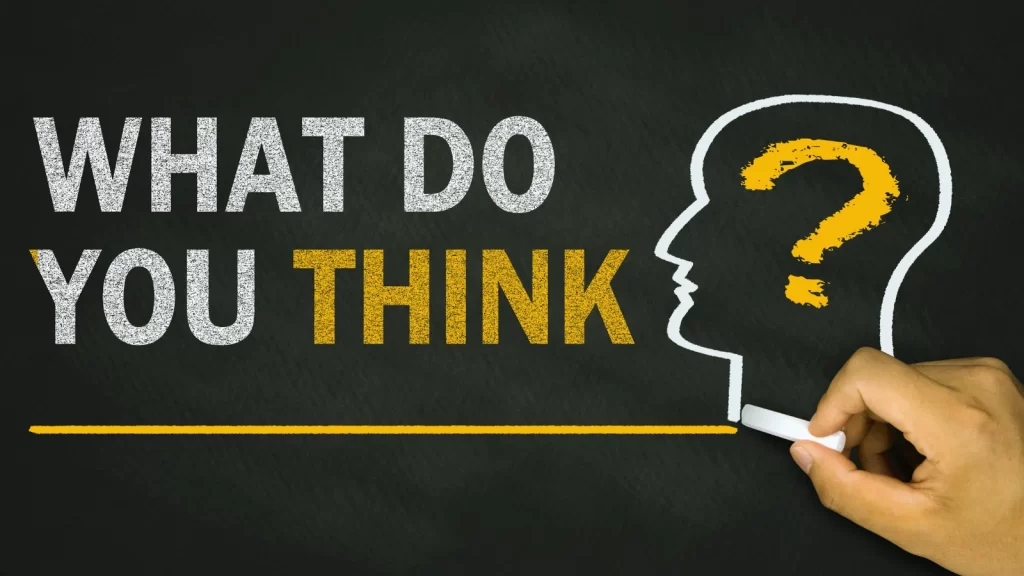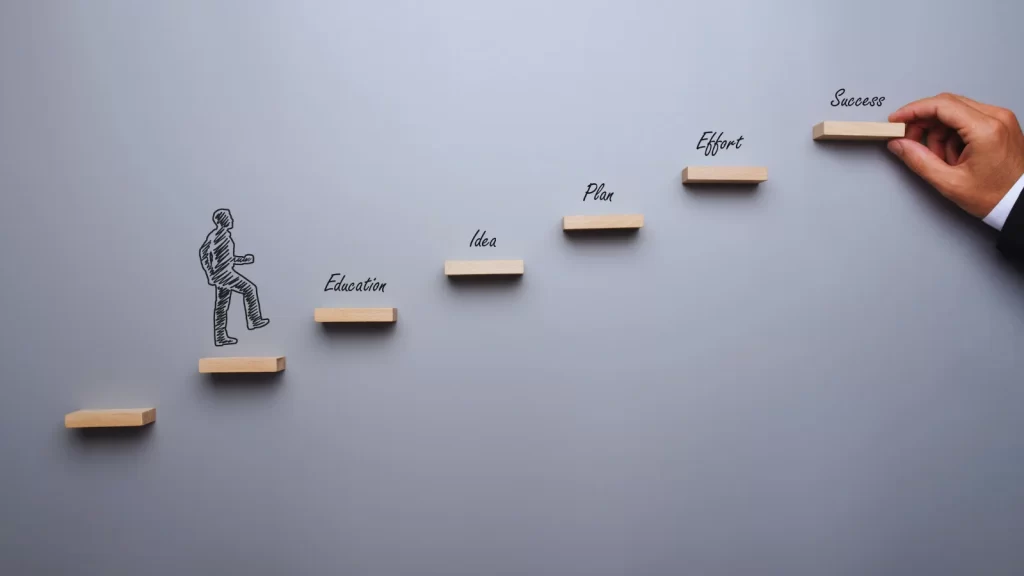With the rise of misinformation, fact checkers play a crucial role in Indian media. Their work is vital for maintaining credibility and ensuring accurate reporting. This blog explores how mass comm students can pursue careers in journalism and mass communication as information verifiers, highlighting journalism jobs and employment opportunities in journalism in this growing field.
What Does a Fact Checker Do?

A fact checker plays a pivotal role in ensuring the credibility of information, especially in journalism. Their responsibilities include verifying claims, data, and sources in news articles, reports, and digital content. Using tools like reverse image searches, metadata analysis, and reliable databases, they cross-check information for accuracy.
Mass Comm students aspiring to enter this field must develop skills in critical thinking and investigative research. For instance, in Indian journalism, fact-checking exposed misinformation during events like elections and public health crises, helping to uphold journalistic integrity. This role is indispensable in combating fake news and maintaining public trust in media.
Educational Path for Aspiring Information Verifiers

Aspiring to become a fact checker starts with a strong foundation in Mass Communication or Journalism. Degrees in these fields equip students with research, analytical, and storytelling skills essential for accuracy-driven journalism jobs. Specialisations in investigative journalism or data analysis enhance career prospects.
Enrolling in courses like Poynter’s fact-checking certification or IFCN-endorsed programmes—both free and paid—develops expertise in verifying claims and using digital tools. Hands-on training through internships with media houses is invaluable for understanding real-world challenges.
Aspiring fact-checkers should seek opportunities that combine academic knowledge and practical experience, fostering credibility and accuracy in journalism.
Key Skills Required for Fact-Checking
Analytical Skills:
- Ability to cross-check facts from multiple sources.
- Expertise in identifying fake news and misinformation.
Research and Digital Literacy:
- Proficiency in using verification tools and reliable databases.
- Knowledge of advanced search techniques and metadata analysis.
Ethical Decision-Making:
- Commitment to integrity in journalism and mass communication.
- Ensuring unbiased and accurate reporting.
Effective Communication:
- Presenting verified information clearly and concisely.
- Building public trust through credible messaging.
For an aspiring fact checker, these skills enhance employment opportunities in journalism, especially in investigative reporting, editorial roles, and content verification.
Employment Opportunities in Journalism for Content Auditors

With the rise of misinformation, the demand for content auditors (or fact checkers) has soared, creating diverse opportunities in careers in journalism and mass communication. Fact-checking roles are prominent in news agencies, TV channels, and digital platforms like Alt News and Boom Live.
Independent organisations and NGOs focused on media literacy also hire professionals to verify claims. Freelancing is a viable option, allowing flexibility in the media industry. Indian media houses such as The Quint and India Today frequently seek content verifiers to ensure credibility.
This field is growing rapidly, offering a vital niche for professionals passionate about ethical journalism.
Careers in Journalism and Mass Communication for Fact Checkers
The role of a fact checker is integral to modern journalism, offering exciting opportunities for a mass comm student:
- Investigative Journalism: Collaborate with reporters to verify facts and uncover the truth in in-depth stories.
- Editorial Teams: Ensure the accuracy of published content, maintaining media credibility.
- Social Media Moderation: Verify posts and combat misinformation on digital platforms.
- Content Verification: Work with news outlets or independent organisations to validate claims and protect public trust.
With the growing demand for accurate reporting, fact-checking careers offer a meaningful path for students passionate about ethical journalism.
How Mass Comm Students Can Prepare for Fact-Checking Careers?
Aspiring fact checkers can boost their prospects by gaining industry experience during their Mass Communication programs through internships with news agencies or digital platforms. Creating a strong portfolio showcasing examples of fact-checking work is essential for securing journalism jobs. Students should focus on verifying claims, analysing data, and documenting their findings.
Networking plays a crucial role—joining fact-checking organisations like Alt News or Boom Live, or participating in fact-checking communities, provides valuable insights and professional connections. These steps help mass comm students develop the skills and credibility required to succeed in this vital journalism niche.
Challenges in Fact-Checking Careers

To thrive as a fact checker in journalism jobs, focus on actionable strategies:
- Manage Time Efficiently: Develop strong research and verification workflows to meet tight deadlines.
- Stay Updated: Use reliable tools and resources to track misinformation trends and debunk fake news effectively.
- Cultivate Neutrality: Practice unbiased analysis by verifying claims against credible, diverse sources.
- Build Expertise: Attend workshops or training on investigative techniques and digital tools for fact-checking.
- Create Networks: Engage with fact-checking organisations and communities to exchange resources and stay informed.
These steps help tackle challenges while ensuring accuracy and professionalism.
Future Scope for Fact Checkers in Indian Media
The future scope for fact checkers in Indian media is immense. In 2023, India ranked highest in fake news circulation globally, with over 60% of internet users exposed to misinformation. The good news is that the number of IFCN-certified organisations in India grew from just two or three in 2018 to 17 by 2023, the highest worldwide, reflecting a robust effort to combat misinformation.
Also, the Press Information Bureau’s Fact Check Unit has resolved over 1,160 fake news cases since 2019. With AI and NLP enhancing verification, Mass Communication students have exciting employment opportunities in journalism, driving innovation in this vital field to safeguard media integrity.
Conclusion
Becoming a fact checker offers immense potential in Indian media for a mass comm student. With rising misinformation, this field ensures accurate reporting and public trust.
The growing demand for journalism jobs related to this presents excellent employment opportunities in journalism and exciting careers in journalism and mass communication for aspiring credibility analysts or misinformation trackers – fostering integrity in today’s fast-paced digital landscape.
Read Also – Career Services: How Your College Can Help You
Top 10 Critical Emerging Challenges in Justice Delivery System

